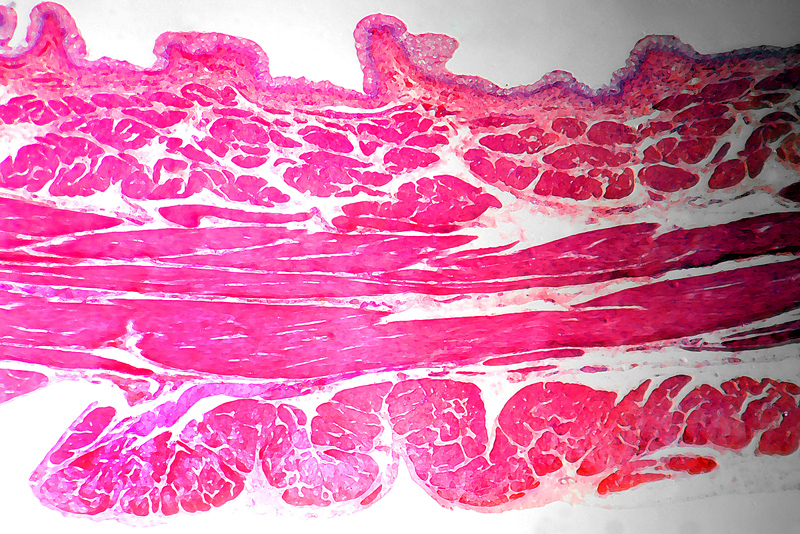
TUESDAY, March 19 (HealthDay News) — People who take high doses of popular cholesterol-lowering drugs called statins may be more likely to develop kidney problems, a new study suggests.
Specifically, those participants who took higher doses of statins were 34 percent more likely to be hospitalized for acute kidney injury during the first 120 days of treatment, compared to their counterparts who were taking lower doses. This risk remained elevated two years after starting treatment. The findings appeared online March 19 in the journal BMJ.
Statins are widely prescribed to lower blood cholesterol levels, and can be very effective. They do, however, confer their share of risks, most notably liver damage and muscle pain or weakness. Doctors currently recommend that people take a liver enzyme test before or shortly after they begin taking statins. The issue of kidney damage as seen in the current study, however, is relatively new.
Canadian researchers analyzed the health records from more than 2 million people aged 40 or older with or without kidney disease who were also taking statins. High-dose statins included rosuvastatin (Crestor) at doses of 10 milligrams (mg) or higher, atorvastatin (Lipitor) at doses of 20 mg or higher and simvastatin (Zocor) at doses of 40 mg. All other statin doses were considered low dose.
People with kidney disease were not at higher risk for acute kidney problems independent of their statin use, the study found.
To illustrate the effect of statin dosage, about 1,700 people without kidney disease would need to be treated with a high-dose statin rather than a low-dose version to cause one additional hospitalization for kidney injury, the researchers said.
“The lowest dose of statin required to achieve therapeutic goals should be prescribed,” said study author Colin Dormuth, an epidemiologist at the University of British Columbia, in Vancouver.
Exactly how — or even if — statins cause kidney injury is not known. “The elevated risk in patients using high-potency statins could be related to an increased risk of [muscle damage],” Dormuth said. In addition, statins have been shown to block the production of coenzyme Q10 (a substance in the body that helps break down food), which could theoretically lead to kidney injury, he said.
Dormuth said that other studies have shown a link between statin treatment and protein in the urine, which is a hallmark of kidney disease.
“If you are concerned about your statin then go talk to your doctor,” he said. “Do not panic. There are both urine and blood tests your doctor can use to monitor your kidneys.”
Most experts agree that concerned individuals should discuss their risks with their doctor before jumping to any conclusions.
“We always think about liver disease and what we are seeing from this trial is that we have to keep a look out for acute kidney failure too,” said Dr. Suzanne Steinbaum, a preventive cardiologist at Lenox Hill Hospital in New York City. “We should check kidney function with a blood test.”
Signs of kidney injury could include dark urine, difficulty urinating or less frequent urination. “If you are on a higher dose of a statin and there is any issue with urination, call your doctor,” Steinbaum said. “Instead of a high-dose statin, we can use a lower-dose statin along with another type of cholesterol-lowering medication.”
Dr. Laxmi Mehta, clinical director of the Women’s Cardiovascular Health Program at the Ohio State University Wexner Medical Center, agreed. “We should be more diligent about following kidney function,” she said. “The findings open our eyes and increase awareness, but they won’t stop doctors from prescribing statins.”
Whatever you do, Mehta added, “do not stop taking statins abruptly. Have a conversation with your doctor to discuss your benefits and risks, and ask if your kidney function has been tested.”
The new research does not establish a cause-and-effect relationship between high-dose statins and acute kidney damage, another expert pointed out.
The study is observational, but randomized controlled trials, which are considered the gold standard of research, do not show any uptick in kidney injury among people who take statins, said Dr. Sripal Bangalore, a cardiologist at NYU Langone Medical Center in New York City.
Although the results are surprising, Bangalore said, the reason behind them may have more to do with why these individuals needed such high doses of the statins in the first place. “They may have been in worse shape compared to people who take low doses,” he said.
More information
Learn more about kidney disease at the U.S. National Institutes of Health.

